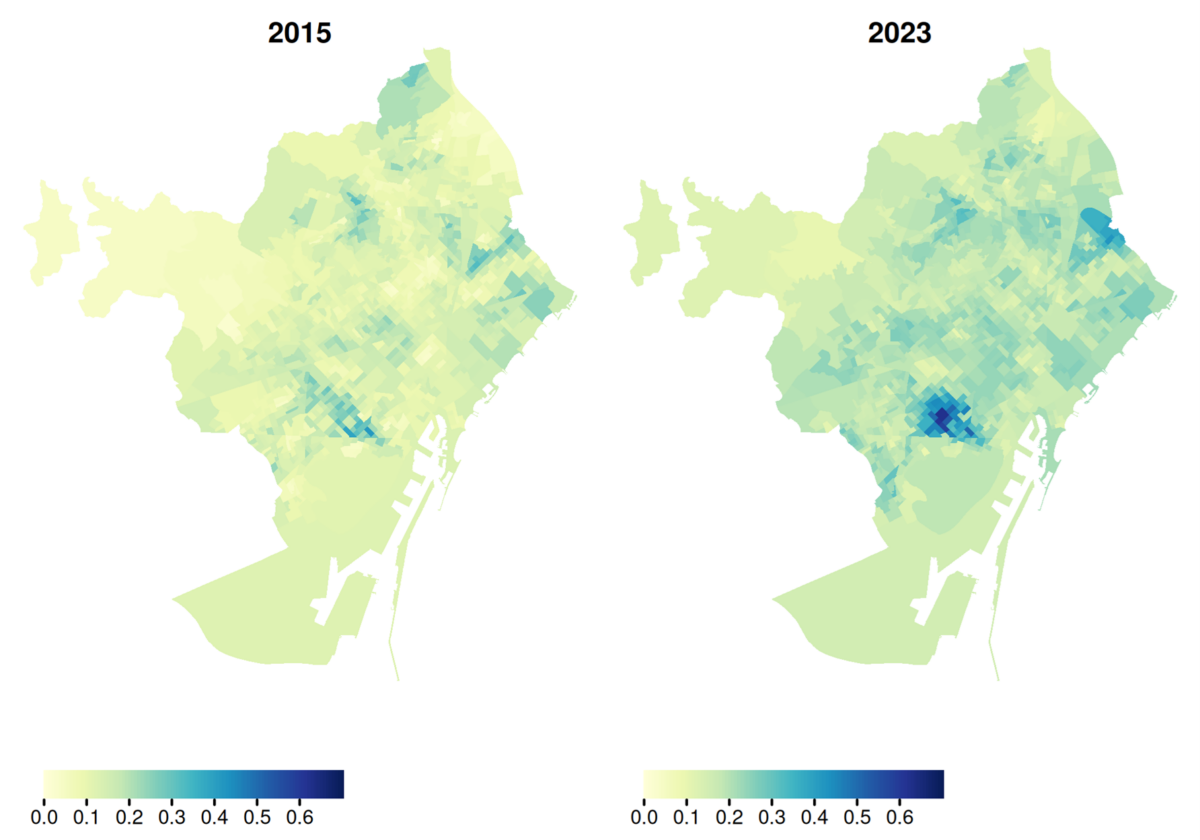We have launched a new ATRAPA survey, reaching 2,000 residents across Barcelona and its metropolitan area. This comprehensive questionnaire aims to uncover detailed insights into public perceptions and responses regarding key sustainable urban transformation initiatives, including Superblocks, bike lanes, pedestrianizations, and protected school environments. With the data collection now complete -featuring 1,500 responses from Barcelona […]



